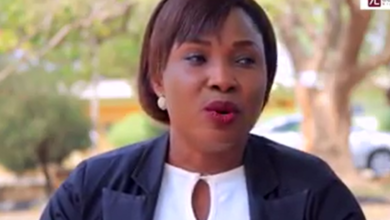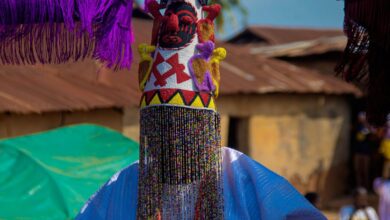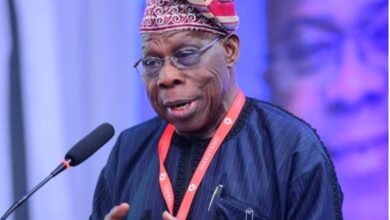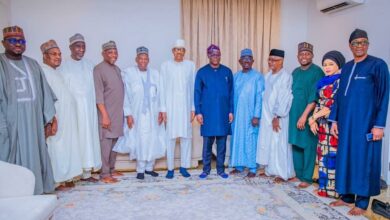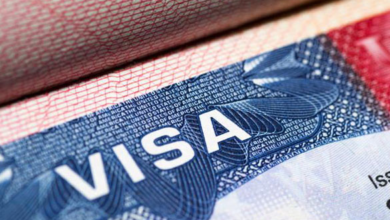Experts canvass dialogue during 90-day Trump tariff pause
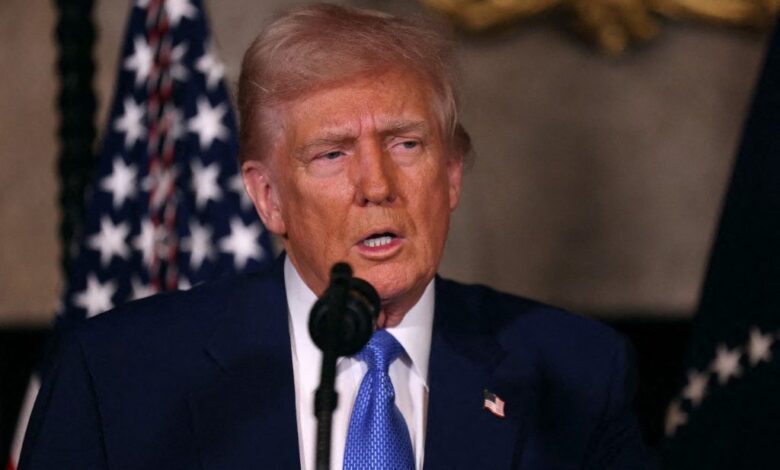
A temporary halt in the escalating trade war, initiated by the US president and offering a 90-day pause, has provided a brief respite from growing global economic concerns.
Experts who spoke to The PUNCH said that it would offer room for reason to prevail as dialogue takes place.
While the Federal Government had hinted that the tariffs would have an impact, the severity of the impact is being debated.
Experts who spoke with The PUNCH warned that while the tariff pause will provide a respite, Nigeria remains significantly vulnerable to potential global economic headwinds should the trade dispute resume after this period.
The Head of Financial Institution Ratings at Agusto & Co, Ayokunle Olubunmi, said this 90-day pause offers an “opportunity for negotiation”.
He cautioned that “if the trade war continues, the global economy will suffer, which could result in a global recession.”
This potential recession could have a direct impact on Nigeria, leading to “reduced government revenues and potentially prompting increased borrowings”.
Olubunmi expressed hope that resolutions would be reached during this period.
Head of Investment Research at Comercio Partners, Dr Ifeanyi Ubah, raised concerns about increased borrowing by Nigeria and other developing countries to cushion the impact of these global economic challenges.
Ubah highlighted that Nigeria’s budgetary projections are based on oil prices around $70 per barrel, a figure currently higher than the prevailing prices in the $60s.
He noted that the “depressed oil prices” influenced by the trade war and its impact on asset classes could lead Nigeria to “tap the market for additional borrowing” as oil remains a major revenue source for the nation.
“There are still a lot of uncertainties; remember that Donald Trump has ordered a 90-day pause. We are in an environment of high volatility, but one thing that is certain is that the estimated budget will face some challenges due to the decline in revenue,” he added.
Already, the former Chief Economist at Zenith Bank, Marcel Okeke, has expressed strong concerns about Nigeria’s capacity to respond to the tariffs like other countries are doing.
He argued that Nigeria is “not a powerful country, whether militarily or economically, to retaliate or to fight the US.”
Okeke said, “Negotiation is the only viable option” for smaller, weaker countries like Nigeria in this kind of situation. He suggests that Nigeria should engage in diplomatic talks with the US to seek a reduction in the tariff.
The current 90-day pause, while offering a reprieve, is shrouded in a lot of uncertainties. As noted, the estimated budget is already facing potential challenges due to the decline in revenue. Therefore, despite the breathing room provided by the trade war pause, Nigeria’s underlying economic vulnerabilities and the potential for a future global downturn necessitate proactive engagement in diplomatic solutions to mitigate potential negative impacts.
President Donald Trump on Wednesday announced a 90-day pause for countries hit by higher US tariffs, but the situation with China has escalated.
On Wednesday, when the tariffs kicked in, Trump announced a universal “lowered reciprocal tariff of 10 per cent” as negotiations continued. However, he increased tariffs on goods from China to 125 per cent, accusing Beijing of a “lack of respect” after it retaliated by saying it would impose tariffs of 84 per cent on US imports.
Following the pause, the European Union also put retaliatory tariffs against the US on hold.
On Thursday, the White House economic adviser Kevin Hassett said that the Trump administration was close to signing deals with America’s trading partners, indicating a willingness to dialogue.
Nigeria’s Minister of Industry, Trade, and Investment, Jumoke Oduwole, on Monday disclosed that Nigeria would be exploring dialogue rather than retaliation.
In a statement, Oduwole said, “In response to the recent tariff announcements, Nigeria remains actively engaged in consultations with U.S. counterparts and the WTO, approaching evolving trade dynamics with pragmatism and a commitment to mutually beneficial solutions.”
Meanwhile, the International Monetary Fund has said it is preparing for increased funding requests from African nations driven by the sweeping tariffs.
